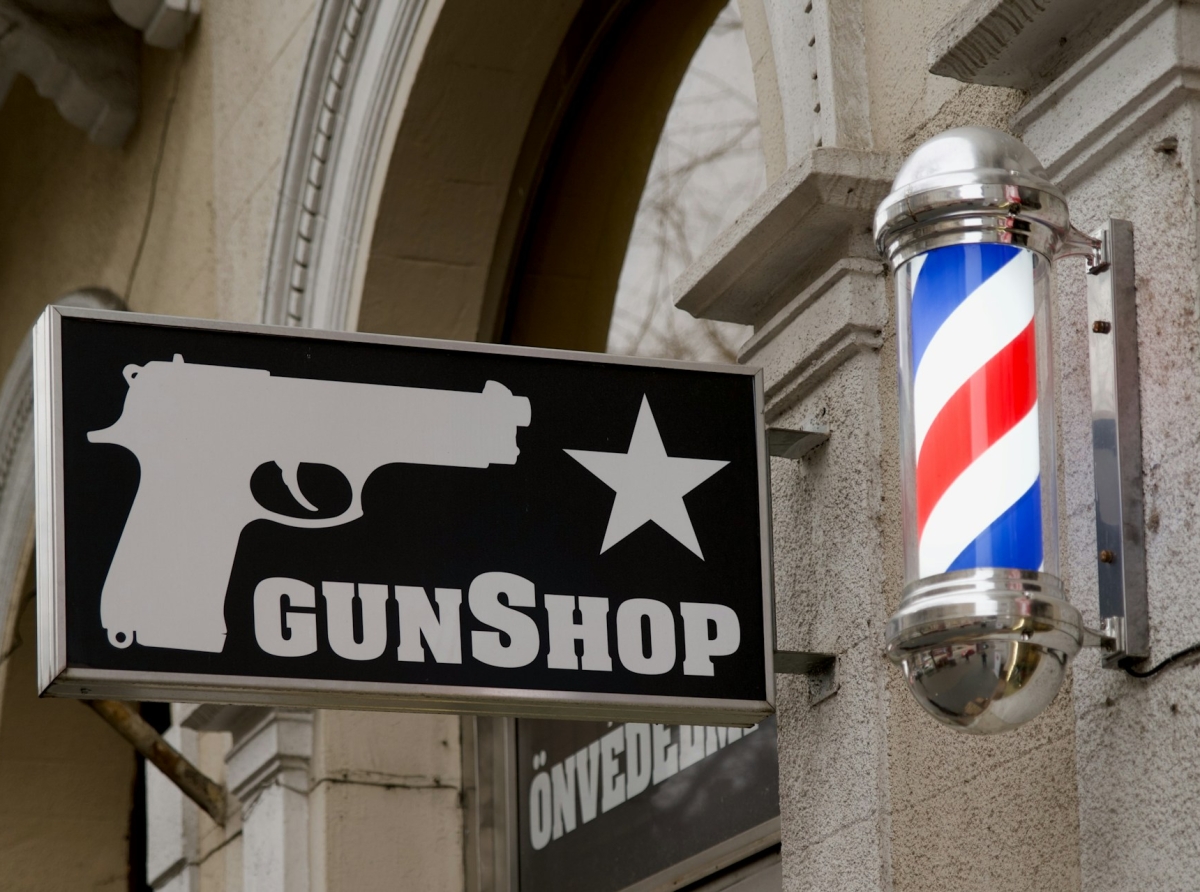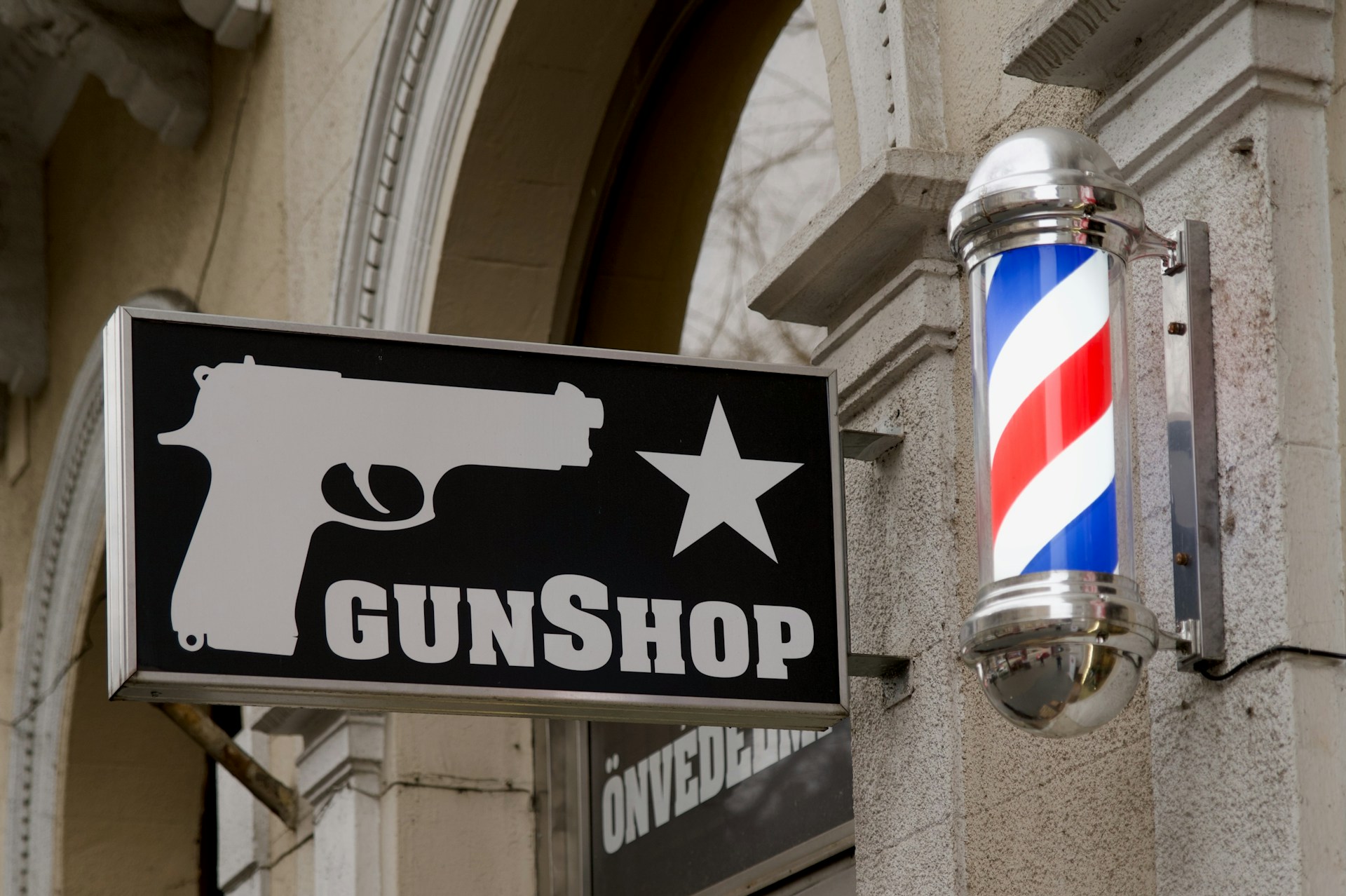Citigroup Lifts Restrictions on Gun Industry After Seven Years

Citigroup Lifts Restrictions on Gun Industry After Seven Years
Citigroup has reversed a seven-year policy that restricted banking services for manufacturers, retailers, and distributors of firearms.
The policy, introduced in March 2018 following the tragic mass shooting at Marjory Stoneman Douglas High School in Parkland, Florida, required corporate clients to adhere to specific guidelines: not selling firearms to individuals who failed background checks, limiting sales to those under 21, and avoiding the sale of high-capacity magazines or bump stocks.
The policy, introduced in March 2018 following the tragic mass shooting at Marjory Stoneman Douglas High School in Parkland, Florida, required corporate clients to adhere to specific guidelines: not selling firearms to individuals who failed background checks, limiting sales to those under 21, and avoiding the sale of high-capacity magazines or bump stocks.

Citigroup Lifts Restrictions on Gun Industry After Seven Years
At the time, Citigroup framed the policy as a necessary step toward responsible risk management and public safety.
However, on Tuesday, the bank announced it would no longer enforce these restrictions. Ed Skyler, Citigroup’s executive vice president of corporate affairs, explained in a blog post that the policy was intended to promote best practices among retailers but is no longer deemed necessary.
“Many retailers already follow these practices,” Skyler wrote, adding that communities and lawmakers should take further steps to address gun violence.
However, on Tuesday, the bank announced it would no longer enforce these restrictions. Ed Skyler, Citigroup’s executive vice president of corporate affairs, explained in a blog post that the policy was intended to promote best practices among retailers but is no longer deemed necessary.
“Many retailers already follow these practices,” Skyler wrote, adding that communities and lawmakers should take further steps to address gun violence.
The reversal comes amid growing political pressure over so-called "banking deplatforming," where financial institutions are accused of unfairly denying services to certain groups, including conservatives and cryptocurrency advocates.
Former President Donald Trump recently criticized major banks, such as Bank of America and JPMorgan Chase, during the World Economic Forum in Davos, Switzerland.
Both banks responded by affirming their commitment to serving all customers regardless of political affiliation.
Former President Donald Trump recently criticized major banks, such as Bank of America and JPMorgan Chase, during the World Economic Forum in Davos, Switzerland.
Both banks responded by affirming their commitment to serving all customers regardless of political affiliation.
In addition to lifting its gun industry restrictions, Citigroup announced updates to its employee code of conduct and global financial access policies.
These changes explicitly prohibit discrimination based on political beliefs, aligning with protections against biases related to race, religion, and other factors.
“This codifies what we’ve long practiced, and we will continue training to ensure compliance,” the company stated.
These changes explicitly prohibit discrimination based on political beliefs, aligning with protections against biases related to race, religion, and other factors.
“This codifies what we’ve long practiced, and we will continue training to ensure compliance,” the company stated.
Bank executives have consistently maintained that they terminate banking relationships only when clients violate anti-money laundering laws or fail to meet "Know Your Customer" requirements—not due to political reasons.
Brian Moynihan, CEO of Bank of America, emphasized this point, stating, “We serve 70 million American consumers, so our bank is open to everyone.”
Brian Moynihan, CEO of Bank of America, emphasized this point, stating, “We serve 70 million American consumers, so our bank is open to everyone.”









Report
My comments